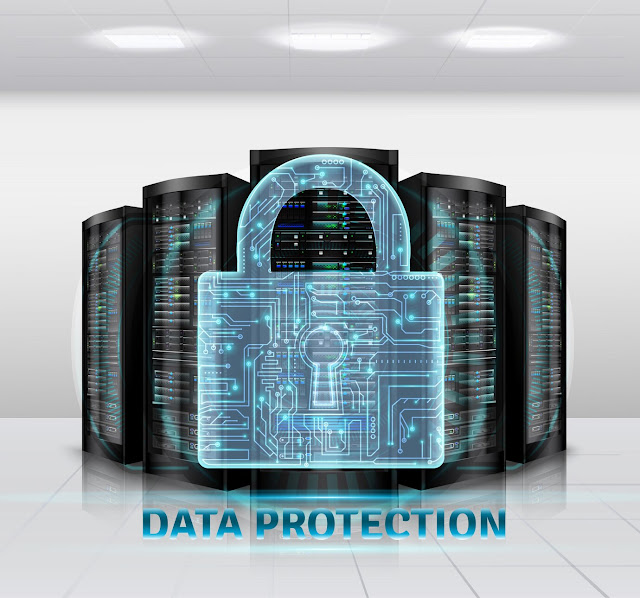A Simple Guide to Security for Beginners: Protecting Yourself in the Digital Age
Ensuring your online security has become more critical than ever in today's digital age. With cyber threats on the rise, beginners need to equip themselves with basic security practices to protect their personal information and safeguard their digital lives.
This comprehensive guide will walk you through simple yet effective measures to enhance your online security.
1. Strengthen Your Passwords
One of the first steps in securing your online presence is to create strong and unique passwords for each of your accounts. Avoid using easily guessable passwords like "123456" or "password." Instead, opt for longer, complex combinations of letters, numbers, and symbols. Consider utilizing password managers to generate and securely store your passwords.
2. Embrace Two-Factor Authentication (2FA)
Take advantage of the extra layer of security provided by 2FA. By enabling 2FA, you add a step of verification, usually through a code sent to your mobile device, making it significantly harder for unauthorized individuals to access your accounts, even if they manage to obtain your password.
3. Keep Your Software Updated
Regularly updating your operating system, web browsers, antivirus software, and other applications is crucial for maintaining a secure digital environment. Software updates often include important security patches that protect against known vulnerabilities, minimizing the risk of exploitation by malicious actors.
4. Exercise Caution with Emails and Links
Be wary of phishing attempts and suspicious emails. Avoid clicking on links or opening attachments from unknown sources. Cybercriminals often employ clever tactics to trick users into revealing sensitive information or infecting their devices with malware. Double-check the email sender's address and scrutinize the content of any red flags before taking any action.
5. Secure Your Wi-Fi Network
Protect your home Wi-Fi network by changing the default router password and enabling encryption, preferably WPA2 or WPA3. Use a strong, unique Wi-Fi password to prevent unauthorized access to your network. Additionally, consider disabling the broadcasting of your network's SSID to add an extra layer of obscurity.
6. Regularly Back Up Your Data
Backing up your data is essential for safeguarding your important files and documents. Regularly create backups on external hard drives, cloud storage services, or both. In the event of a ransomware attack or hardware failure, having a recent backup ensures that you can easily restore your files and avoid losing valuable information.
7. Practice Safe Social Media Habits
Exercise caution when sharing personal information on social media platforms. Limit the amount of personal data you make publicly available and adjust privacy settings to control who can access your information. Avoid accepting friend requests or engaging with suspicious accounts.
Adopting simple security measures is vital for beginners to protect their online identities and data. You can significantly enhance your digital security by following the stated guidelines.
A little effort goes a long way in safeguarding your online presence. Make security a top priority in the digital realm.
The SmartComplyApp is here to ensure adequate security, signed up yet?
Follow us across our social media platforms (Facebook, Instagram, LinkedIn, Twitter) to learn more from us.



Comments
Post a Comment